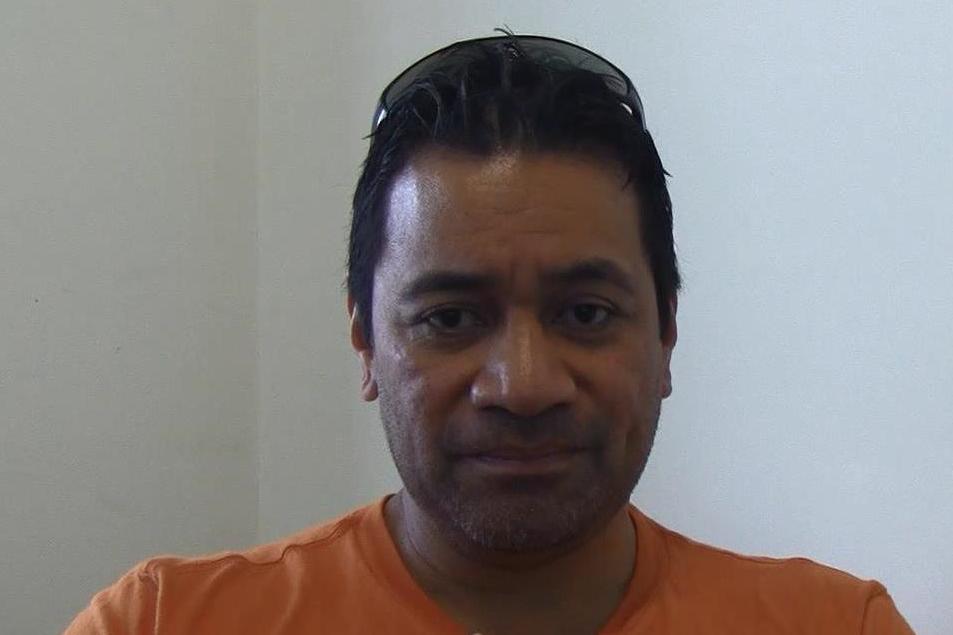
Name: Sila
Age at interview: 48
Gender: Male
Background: Sila has a 5-year-old daughter with his wife, as well as two children from previous relationships, who are aged 12 and 17. He lives in a large city. Sila was born in New Zealand and is of Samoan background.
About Sila
Sila found first-time parenthood difficult as he was going through his own struggles. He was diagnosed with depression after his relationship with his eldest child's mother broke down. He sought counselling and support from family. Sila has remarried and feels he is now a better parent.
Clips from Sila's Interview
Hover over the dots along the player timeline or click the icon with three lines to the left of the fullscreen icon to see the name of the Talking Point the clip is from.
More about Sila
Sila's childhood in New Zealand was based on a routine of school, church, household chores, and free time. His mother worked hard for him and his two siblings, but Sila doesn't remember much of his father who was murdered when he was young. Sila said life changed after his mother remarried, as his new father was strict.
When Sila was 15, the family migrated to Australia. His mother and stepfather had three more children with whom his stepfather was 'more affectionate'. Sila's relationship with his stepfather was strained during this time, but over the years it gradually improved.
As he grew older, Sila said he felt 'lost'. He looked Samoan, but didn't 'feel' Samoan. At 18, to 'escape from those feelings' he moved out of home, played a lot of sport, and experimented with drugs and alcohol. Over the years, Sila noticed he was 'angry all the time' but didn't understand why. He now thinks this may be related to abuse he experienced as a child.
When he was 30, Sila met his eldest daughter's mother. When he found out she was pregnant, he 'didn't welcome it' at first but then decided 'maybe parenting wouldn't be so bad'. He described his daughter's birth as 'a miracle' but found early parenthood hard and his baby's crying very challenging. Sila's relationship with his ex-partner deteriorated and they separated when their daughter was 3.
This was very upsetting for Sila, but he decided he had to 'keep going forward'. He visited his daughter regularly despite ongoing tensions with his ex-partner. When their daughter started school, Sila decided he needed a change. He visited his sister in Fiji and told her about his distress. A turning point for Sila, this gave him new 'purpose'. Back home, he got a new job and moved in with his parents.
Sila's relationship with his ex-partner remained difficult. He described one day feeling he 'couldn't cope anymore' and considered ending his life. Shocked by these suicidal thoughts, Sila told his parents and sister and went to a counsellor. He was comforted by his family's unconditional support and found counselling helpful.
Sila met his current wife at church and soon she was pregnant. He said his wife found the first weeks of parenthood a 'shock to the system' as their daughter had stomach pains and was 'constantly screaming'. Sila worried about being able to cope, but decided to support his wife and baby. Their parents also helped and eventually they 'pulled through'.
Sila feels positive about the future. His family and his children are his 'priority'. Sila is currently undertaking an eight-week depression recovery program that includes information on the causes of depression, positive thinking, as well as diet and nutrition. He finds this program's holistic approach helpful. His advice to others struggling with emotional problems is to 'speak up' and remember 'you're not alone'. Sila believes that it is important to share our stories, even if they are 'not pretty'.
